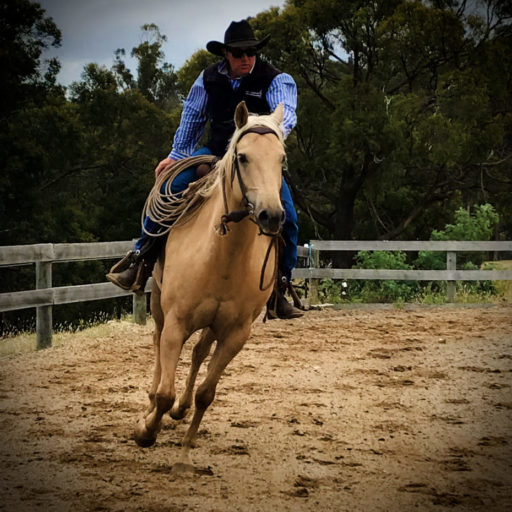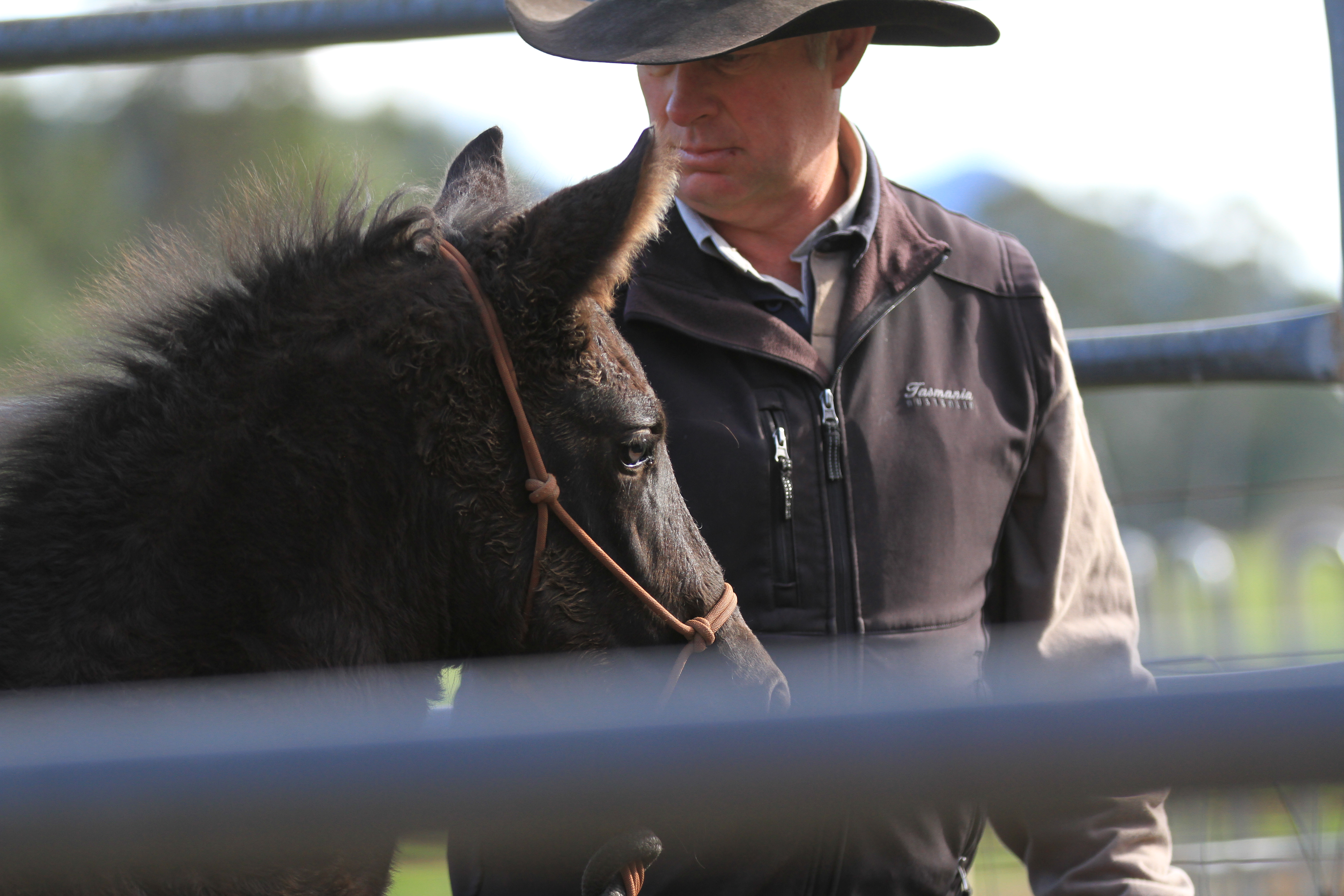Things That Stick
There are a few things that have stuck with me through the last 15 years or so, which have had a direct influence on how I view my relationship with myself as a rider, and my relationship with my horse.

Like many women with some life experience behind them, I’d had a long break from regular riding and horse ownership, while raising my son, holding down a corporate career and focussing on getting through those teenage years as a single parent unscathed. I’d had a number of health-related issues, and was neither fit nor in good riding shape. This continues to be a work in progress to this day. On graduating as the parent of a fully functioning independent adult, I took a great step into the unknown, sold up, packed up and left the city and moved to a small house half way up a mountain with a few acres outside of Hobart. The primary reason for this, I wanted to get back to my love of horses and ride regularly again, and I wanted to be able to breathe fully again. Years of corporate life seem to have a way of restricting how deeply you breathe – my life was a locked in a vice-grip.
Living up the mountain allowed for some release, as I started to plan how my life should move forward.
My first horse acquired after the big move came about through emotional blackmail – well, maybe not that dramatic, but he was an old standardbred, with more than a few racing starts under his belt, and more conformation faults than any other horse I have seen since. He was a “take him or the alternative isn’t so great” offer, and I figured if he worked out as a trail horse that would do him just fine, if not he would have a comfortable retirement. Unfortunately for me, his soundness issues became evident very early on, and fortunately for him he landed in my paddock, well fed and cared for with his paddock buddies up until his last day.
Jordie taught me a great lesson – all horses find you for a reason and I learnt so much about conformation from that horse, and his resilience was obvious. I was grateful he came into my life and it still brings me joy that he was able to have a comfortable (and long) retirement in our care. He deserved it.
I took time with taking on my next horse, and spent time riding with a friend who taught me many things. Her horses were seasoned and coped with my lack of fitness & finesse as I struggled to get my middle-aged body fully riding functional. Let’s not kid ourselves, there are muscles used when riding that get little exposure when your primary daily activity is sitting in an office. Even the regular walks to the coffee shop (and a few gym sessions on the side) aren’t enough to pull those suckers into gear. So, I worked on things and committed to my lessons, and worked on what needed to be worked on to become a better rider.
Finding Spirit was a team effort, through the generosity of contacts I’d put out a bit of a quiet S.O.S. to find that elusive mount, the “middle-aged lady returning to riding” horse. Those things are rare for good reason, once you have one you never want to let them go. I got lucky. Together we had lessons, lots of lessons, from finding our forward to working on dressage manoeuvres and made our way together. I had no delusions about my lack of ability, and put the work in to improve at a rate we both could manage.
I still remember the day someone at a lesson group described Spirit as “tolerant”. At the time, I thought it was a compliment, yes, my horse was very forgiving of his somewhat unbalanced, unfit rider who is trying to learn how to give him a more comfortable life. He is a lovely horse, the type that patiently waited for me to sort myself out, and picked me up when my balance wasn’t great. I made a lot of mistakes and he would give me that “look” but always made me feel safe enough to try again. He did the same with Maddi in his later ridden years, forgiving her mistakes and waiting patiently for her to work them out. He is enjoying his retirement here now, well earned & deserved.
 Spirit enjoying his retirement
Spirit enjoying his retirement
Only as I grew a little as a rider that I thought perhaps that comment wasn’t so complementary. For my horse to “tolerate” my riding wasn’t what I wanted, and considering we were trying to improve and working from a fairly low base point, it stuck with me. I didn’t want my horse to just tolerate me, that kind of relationship wasn’t one I was comfortable with. It prompted me to work harder on myself in and out of the saddle to not make his job so hard.
The way we describe someone or comments we make can have a long-lasting impact. Perhaps it was a compliment as to the temperament of my forgiving horse, or perhaps it was a way of criticising a learning rider. Only the person making the comment knows its true intention, but it was never forgotten.
So, we progressed and meeting Ian was a big part of the journey from that point on. I give him a lot of credit for the perspective I developed and confidence that grew, and how I interpreted this comment to ensure it was a positive to draw upon. Now, I am thankful that this experience stuck with me. It reminds me of what my horse tolerates when I don’t get things right and inspires me to continue to improve my skills to give him a more confident and comfortable ridden life.
Most of all in my riding life it was three words written as feedback on an early dressage test that inspired me more than anything else. Those words were “be more adventurous”. I knew exactly what they meant. I’d ridden a test with the handbrake on – I was tight and didn’t allow my horse to give what we both knew he had to offer. I stifled him and it showed. At that point in time, I made a commitment to take responsibility for and own the outcomes I created.
These words became and still remain my mantra, the thing I repeat silently to myself when things aren’t coming together. They are the words I mutter out loud when I question my confidence and identify that I’m not giving my horse the best opportunity to relax, balance and work with purpose. They are the words I repeat when I feel unmotivated to ride (yes, those days are there – particularly during the Tassie winter) and I think of the possibilities ahead.
So, I’ve learnt as a horsewoman I need to be:
- Realistic
- Responsible
- Committed
- Forgiving
- Tolerate
- Patient
- Confident
- Resilient
- Relaxed
- Adventurous
- Courageous
My horse, well, he just needs to just be a horse.
When working on myself or working with others, this is key – taking charge of our own outcomes and celebrating loudly and proudly those small successes. Celebrate your own, and those around you – the secret to success is that you are never alone. Whether it be the support of friends, family or the companionship of your horse, this is not a solitary journey.
And as always, these lessons are learnt & taught one step at a time.
Liz Leighton © June 2017























